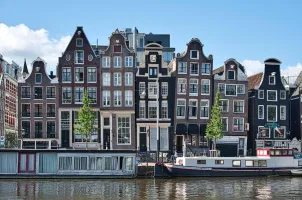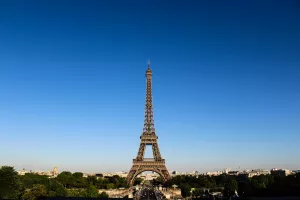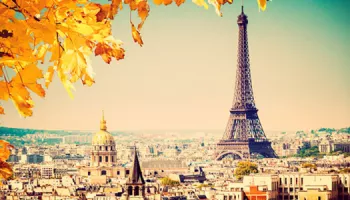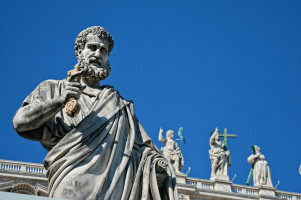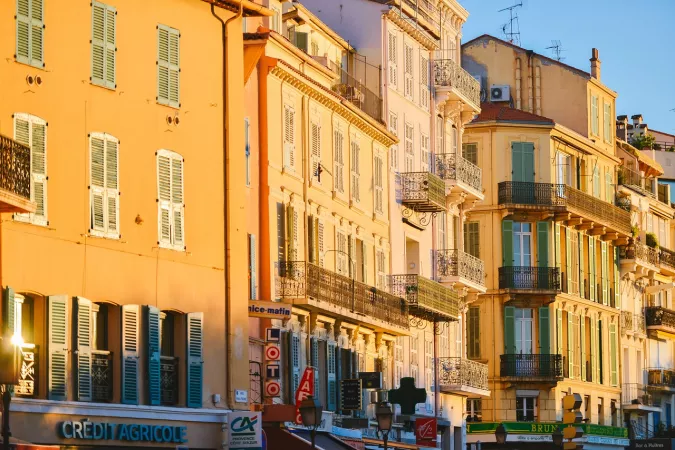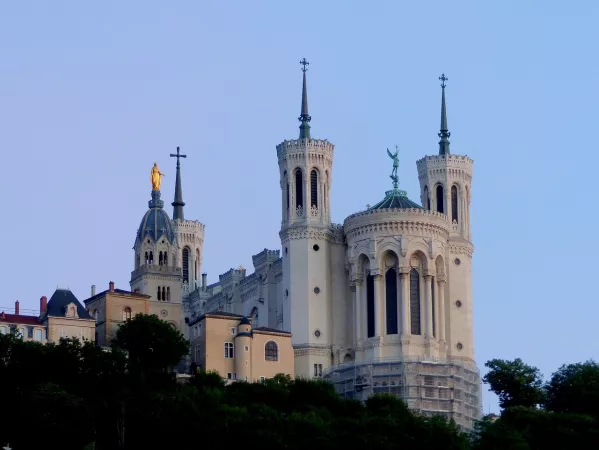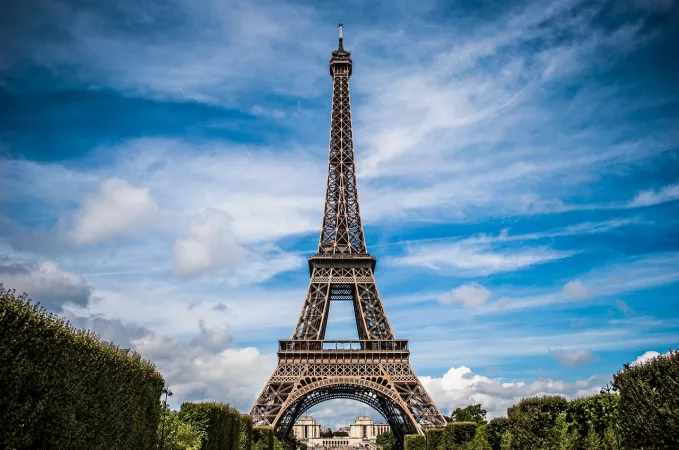
Paris Travel Guide
Paris, the capital of France, is a city steeped in history, renowned for its art, fashion, gastronomy, and culture. Known as the "City of Light," Paris is famous for its iconic landmarks such as the Eiffel Tower, Louvre Museum, and Notre Dame Cathedral. The city's charming neighborhoods, chic boutiques, and world-class cuisine make it a favorite destination for travelers around the globe.Top Attractions in Paris
- Eiffel Tower
- Louvre Museum
- Notre Dame Cathedral
- Champs-Élysées
- Montmartre
Paris is Famous for
Paris is most famous for its iconic Eiffel Tower, exquisite art collections at the Louvre Museum, and charming Montmartre district.Top Attractions in Paris
- Enjoying panoramic views from the Eiffel Tower
- Exploring world-class art at the Louvre Museum
- Strolling through the artistic Montmartre neighborhood
- Indulging in French cuisine at sidewalk cafes
- Cruising along the Seine River
What's Great about Travelling to Paris?
- Rich history and culture
- World-renowned art and architecture
- Delicious French cuisine
- Chic fashion and shopping scene
What's Not So Great about Travelling to Paris?
- Can be crowded, especially during peak tourist seasons
- Language barrier for non-French speakers
- High cost of living
- Occasional pickpocketing incidents in tourist areas
Travel Tips for Paris
- Check visa requirements before traveling
- Use public transportation like the Metro
- Be cautious of pickpockets in crowded areas
- Respect local customs and etiquette
Important Paris trip information
- Ideal Duration: A week to fully explore the city
- Best Time to Visit: Spring and fall for pleasant weather
- Nearby Airports and Railway Stations: Charles de Gaulle Airport and Gare du Nord
Top 35 Places to visit in Paris
Per Person
1,10,000
*EXCLUDING APPLICABLE TAXES 5.0 Ratings
( 28 Reviews )
( 28 Reviews )
Total
8,95,000
*EXCLUDING APPLICABLE TAXES 5.0 Ratings
( 24 Reviews )
( 24 Reviews )
Total
1,78,974
*EXCLUDING APPLICABLE TAXES Per Person
2,24,990
*EXCLUDING APPLICABLE TAXES 5.0 Ratings
( 52 Reviews )
( 52 Reviews )
Total
3,03,000
*EXCLUDING APPLICABLE TAXES 5.0 Ratings
( 24 Reviews )
( 24 Reviews )
Per Person
1,05,000
*EXCLUDING APPLICABLE TAXES 5.0 Ratings
( 337 Reviews )
( 337 Reviews )
FAQ's on Paris
Q1: What is the best time to visit Paris?
The best time to visit Paris is during the spring months of April to June and the fall months of September to November. During these seasons, the weather is mild, and the city is less crowded compared to the peak summer months. Additionally, Paris hosts various events and festivals during these times, adding to the charm of the city.
Q2: Do I need a visa to travel to Paris?
Most tourists from the United States, Canada, Australia, and the European Union do not need a visa for visits up to 90 days. However, it is essential to check the specific visa requirements based on your nationality before traveling to Paris. Make sure your passport is valid for at least six months beyond your intended stay.
Q3: What are the must-visit attractions in Paris?
Paris is renowned for iconic attractions such as the Eiffel Tower, Louvre Museum, Notre-Dame Cathedral, Montmartre, and Champs-Élysées. Visitors should also explore charming neighborhoods like Le Marais and Saint-Germain-des-Prés, as well as enjoy a Seine River cruise and indulge in French pastries at local cafes.
Q4: Is Paris a safe place to travel?
Paris is generally safe for tourists, but like any major city, it is essential to stay cautious, especially in crowded tourist areas where pickpocketing can occur. Avoid poorly lit or deserted areas at night, and be mindful of your belongings. It is advisable to stay informed about any travel advisories before your trip.
Q5: What is the local currency in Paris and can I use credit cards?
The local currency in Paris is the Euro (EUR). Credit cards are widely accepted in hotels, restaurants, and shops in the city. ATMs are also readily available for cash withdrawals, but it is advisable to inform your bank of your travel plans to prevent any issues with card transactions.
Q6: What is the local cuisine like in Paris?
Paris is a culinary paradise known for its exquisite French cuisine. Try classic dishes like croissants, escargot, coq au vin, and macarons. Don't miss out on sampling cheese and wine at local markets and bistros. Vegetarians and vegans will also find plenty of options in Paris's diverse food scene.
Q7: What transportation options are available in Paris?
Paris offers an efficient public transportation system, including buses, trams, and the metro. Taxis are readily available, but they can be expensive. Many travelers prefer using ride-sharing services or renting bicycles to explore the city at their own pace. Walking is also a great way to experience Paris's beautiful streets and landmarks.
Q8: Are there any cultural norms or etiquette I should be aware of when visiting Paris?
When visiting Paris, it is important to greet locals with a polite "Bonjour" before starting a conversation. Respect cultural sites and dress modestly when visiting religious landmarks. Tipping is not obligatory in Paris, as a service charge is often included in the bill. Remember to savor your meals and take your time to enjoy the Parisian way of life.
Q9: I am a travel agent. How can I buy travel leads of Paris?
Register yourself as a travel agent at agents.tripclap.com and then you can buy travel leads to Paris once your account is approved. For more details contact our support team at +91-8069186564 or support@tripclap.com
